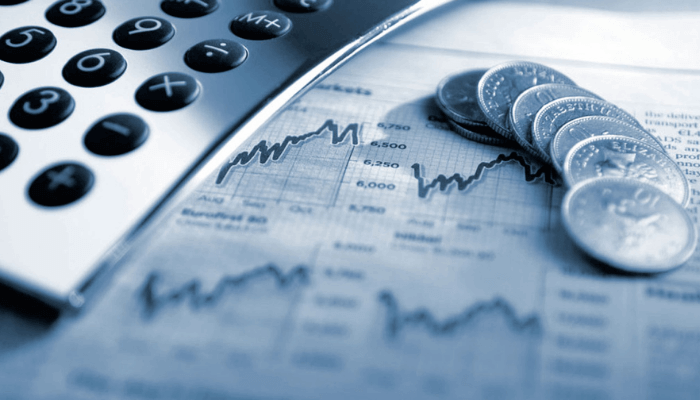Once synonymous with volatility, Nigeria is quietly rewriting its economic story. The reforms of 2023–2025, including the removal of fuel subsidies, exchange-rate unification, and aggressive tax expansion, have reshaped Africa’s most populous economy into an investable proposition for long-term capital.
While the country’s tax-to-gross domestic product (GDP) ratio rose to 13.5 percent in 2024, foreign reserves stabilised above $42 billion, with the balance of payments recording a $6.8 billion surplus – the first in nearly a decade. Fitch Ratings revised Nigeria’s outlook to positive, citing credible fiscal management.
With a rebased GDP of N372.8 trillion ($244 billion), Nigeria’s economy now appears more diversified, capturing its fast-growing digital, creative, and service sectors. Investors are again eyeing a market of over 200 million consumers, with a median age under 19, and continental trade access under the African Continental Free Trade Area (AfCFTA).
Read also: We are leading Africa’s new frontier in global investment immigration – Nechi
Sector: Agriculture & Agro-Processing
The key number: According to the Food and Agriculture Organization (FAO) and the African Development Bank, Nigeria accounts for roughly 23 percent of West Africa’s arable land, making it the region’s single largest agricultural base.
Yet, much of this land remains underutilised due to weak infrastructure, limited mechanisation, and climate-related risks.
Who’s investing: Olam, Dangote Industries, Flour Mills of Nigeria, AFEX, Norfund
Investment Case: Agriculture is once again the backbone of Nigeria’s diversification drive. Demand for food and processed goods is surging with population growth, while reforms in land titling and commodity exchanges are unlocking scale.
From cocoa and cashew to rice and cassava, investors are moving beyond cultivation into value-added processing. Nigeria’s agro-processing output grew by nine percent in 2024, according to the National Bureau of Statistics (NBS_. AFEX and Olam Agri are financing smart-warehouse systems that can cut post-harvest losses by 20 percent.
Key opportunities:
Agri-tech: Drone farming, precision irrigation, and digital supply chains are improving yields and efficiency.
Export Processing Zones (EPZs): Lekki and Ogun SEZs offer tax holidays, duty-free imports, and streamlined customs.
Input manufacturing: Fertiliser and seed plants expanding under national policies to cut imports.
States to Watch:
Sources: IAPrecision; Lekki Free Zone Development Company; NEPZA; NSIA; National Agricultural Seeds Council; AfDB (2023–2024); World Bank
Risks: Insecurity in parts of the North, logistics costs, and climate-related shocks.
Read also: Nigerian leaders urged to prioritise infrastructure, human capital investment
Sector: Technology, digital infrastructure
The key number: $1.8 billion expected investment in data centres by 2030 (Frost & Sullivan)
Who’s investing: Microsoft, MainOne (Equinix), Huawei Cloud, Airtel Data Centres, Rack Centre
Investment Case: Nigeria’s digital economy is scaling fast. With over 100 million smartphone users and fintech penetration among the highest in Africa, demand for secure data hosting, AI computing, and fintech infrastructure is soaring.
The government’s Data Protection Act (2024) and National Broadband Plan are catalysing private investment. New data-centre parks in Lagos and Abuja are being designed for low-latency connectivity and renewable-powered cooling systems.
Key opportunities:
Data centres & cloud services: Anchor tenants from banks and e-commerce players ensure predictable cash flows.
Fintech & Payments: Mobile-money adoption above 50 percent offers scale for financial inclusion startups.
AI & cybersecurity services: Emerging need for localised cloud compliance.
States to Watch:

